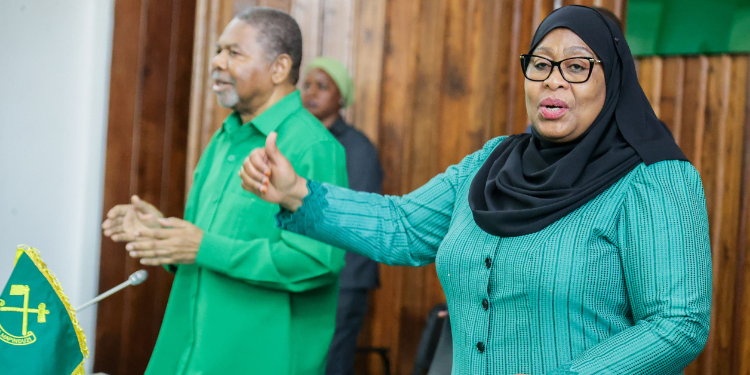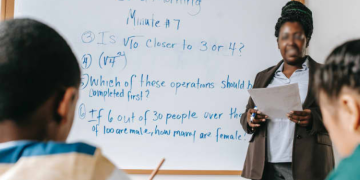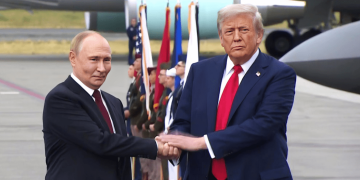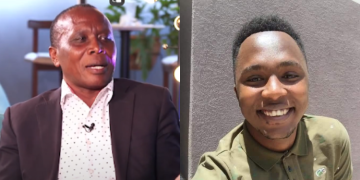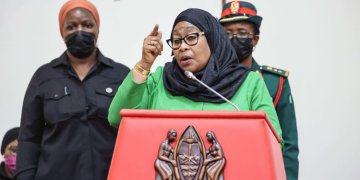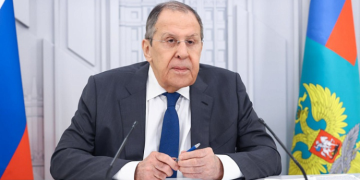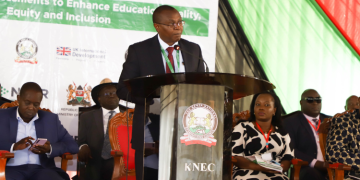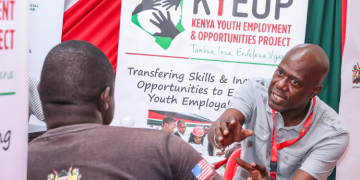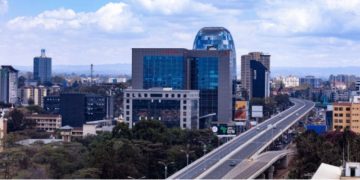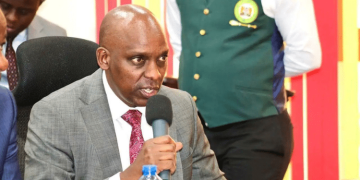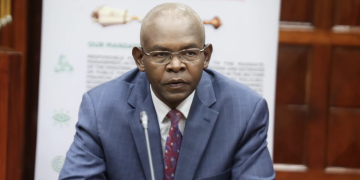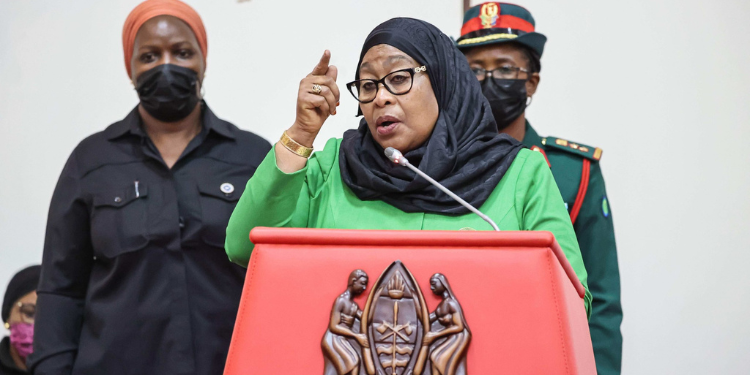Tanzania is set to hold its general election on October 29, 2025, but the race for the presidency has taken a dramatic turn. Despite initial signs of a competitive field, only President Samia Suluhu Hassan of the ruling Chama Cha Mapinduzi (CCM) remains as the dominant candidate, with major opposition figures disqualified or detained.
CHADEMA’s Opposition Opposed
The most notable casualty is the Chama Cha Demokrasia na Maendeleo (CHADEMA), the country’s largest opposition party, which was barred from participating after failing to sign a mandatory electoral code of conduct by the April 12 deadline.
The party’s presidential candidate, Tundu Lissu, was arrested just days before the deadline on charges of incitement and treason.
His arrest followed a rally in Mbinga where he criticized the government’s handling of electoral reforms and called for greater transparency.
With Lissu in custody and CHADEMA disqualified, the party’s ability to contest the election was completely neutralized.
The disqualification of CHADEMA was officially due to a procedural error, but many observers see it as part of a broader pattern of institutional manipulation.
Lissu’s detention and CHADEMA’s exclusion have sparked widespread concern about the fairness of the upcoming vote.
Suppression of Political Alternatives
Another opposition figure, Luhaga Mpina, who defected from the ruling CCM to ACT-Wazalendo, was also barred from running.
His candidacy was seen as a potential threat to the ruling party’s dominance.
The Independent National Electoral Commission (INEC) ruled that his nomination violated electoral procedures, though the specific legal grounds were not fully disclosed to the public.
In response, Mpina and ACT-Wazalendo filed a petition in the High Court of Tanzania, seeking to overturn the disqualification.
However, on October 20, 2025, the court dismissed the case, citing a lack of jurisdiction to review decisions made by the electoral commission.
The decision followed a formal objection filed by Attorney General Hamza Saidi Johari, which the commission upheld after reviewing multiple challenges to Mpina’s candidacy.
Suluhu’s Dominance
While INEC initially approved 17 presidential candidates, most represent minor parties with limited national reach.
These include the National Reconstruction Alliance (NRA), Alliance for Africa Farmers Party (AAFP), Chama cha Makini, and United Peoples’ Democratic Party (UPDP).
With CHADEMA and ACT-Wazalendo sidelined, President Samia Suluhu Hassan is expected to win the election.
This will be her first time running as a principal candidate, having assumed office in 2021 following the death of President John Magufuli.
Her running mate is Emmanuel Nchimbi, a seasoned politician and former cabinet minister.
Also Read: Why No Priest Wanted to Baptize Raila and His Siblings
According to Amnesty International, the Tanzanian government has intensified its repression of opposition leaders, journalists, and civil society groups, reporting that as of August 2024, nearly 83 individuals had disappeared under mysterious circumstances.
Tanzania’s Democracy
CCM has held power since independence in 1961, but the current political climate suggests a deepening of authoritarian practices.
CCM’s campaign is anchored on its Vision 2050 development plan, which promises economic growth and infrastructure expansion.
In the November 2024 local elections, CCM won over 98% of the seats, a result widely criticized by opposition groups and rights organizations.
The elections were marred by reports of violence, intimidation, and vote rigging, with several opposition members allegedly abducted or killed.
Political analysts describe Tanzania’s system as electoral authoritarianism, where elections are held but the outcome is predetermined by legal, institutional, and extrajudicial suppression.
Despite criticism, CCM remains popular in many regions, especially rural areas where opposition parties struggle to campaign.
Also Read: Luo Widow Inheritance: The Little Talked About Culture Rooted in Nyanza Region
The party’s long-standing ties to business, media, and the military give it a structural advantage that few can challenge.
With the opposition sidelined and civil society under pressure, CCM’s dominance in the 2025 election appears unshakable. The result may be a landslide victory, but one that raises serious questions about the state of democracy in Tanzania.
Follow our WhatsApp Channel and X Account for real-time news updates.
